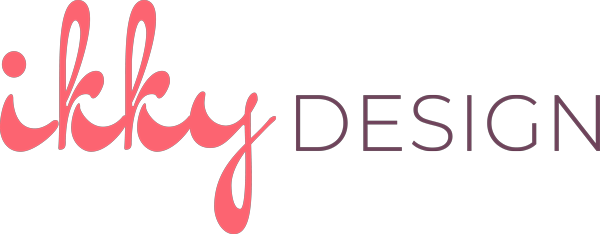How do you go from knowing nothing about a topic or a skill to getting to a point where you are knowledgeable enough to get the results you were looking for? And how do you do that in the shortest amount of time?
According to research done by Josh Kaufman, it takes about 20 hours of focused and deliberate practice to become appreciably better at a skill. This works out to about 45 minutes a day for a month.
There are 5 steps you need to follow to set yourself on the right track for a successful 20-hour learning process.
Decide what you want to achieve as clearly as possible
Make the goal concrete and specific - what do you particularly want to do? Do you want to learn Photoshop? Or do you want to learn portrait retouching, digital painting or photo manipulation? Narrow your focus down to something specific.
Deconstruct the skill
Research which topics are fundamental to that skill and determine which subset of skills you will use most of the time. Practice the most important things first, and you improve faster. If you want to learn how to retouch portraits then you need to learn how to remove blemishes, maintain skin texture, how to remove creases from clothing and how to make hair look neat.
Learn just enough to self-correct
Get 3 to 5 resources to teach you this skill - they can be books, DVDs or online courses. Scan them all, don't go too in-depth with the research. What you're looking for are repeating topics - these are the fundamentals you need to know. In our Photoshop example, this will include learning how to dodge and burn, how and when to use a frequency separation layer and how to colour correct skin tones.
Eliminate barriers to practice
Barriers can be physical or mental. The thing you want to learn needs to be easily accessible. If you want to learn to play the guitar, have it on a stand next to your desk, or lounge table so it's in easy reach when you want to take a break. If it's in its case in the closet, you're not going to have the ease of access to pick it up on a whim and play it.
Remove common distractions like TV, the internet, social media. Set a timer for the amount of time you want to practice and focus on just that one thing without distractions competing for your attention.
Pre-commit to 20 hours of practice time
If you start making excuses as to why you can't dedicate time to working on your new skill, then that tells you that it's probably not that important to you. If you can confidently pre-commit 20 hours, that makes the second part easier, which is accepting that the first 1 to 4 hours are probably going to suck. Anticipate the first few hours will be rough and remind yourself during those hours that the feeling of frustration is the process of you getting better. You just need to push through this part.
Track the number of hours you spend learning or practising something. 20 hours works out to around 45 minutes a day for a month, with a few days off here and there. Or you could commit to 30 minutes a day for about 6 weeks. A good psychological trick is to count down your 20 hours from 20 to 0.
Hours 5 to 8 are where you notice your capabilities start to change. This is where your new skills start to click and the process begins to become fun.
The major barrier to skill acquisition isn't intellectual, it's emotional. When learning anything new, you can feel really stupid.
To sum up - after identifying specifically what you want to achieve, and distilling the fundamental concepts of that skill, pre-commit to 20 hours of undistracted and deliberate daily practice. You will be surprised how much you will improve.
You can watch Josh Kaufman's excellent Tedx Talk here:
Recommended Reading
You can read more about the Josh Kaufman's ideas in his book The First 20 Hours: How to Learn Anything ... Fast.





